Business in Belgium, Brussels, Port of Antwerp

Belgian Foreign Trade. Brussels (Belgium) EU headquarters
- Introduction to the Kingdom of Belgium (EU)
- Economy of Belgium
- Business in Brussels: The political capital of the EU
- Belgian Foreign Trade
- Investment in Belgium
- Access to the Belgian Market
- Business Plan for Belgium
The objectives of the subject “International Trade and Business in Belgium” are the following:
- To analyze the Belgian Economy and Global Trade
- To identify business opportunities in the Belgian Market
- To analyze the Belgian trade relations with the student's country
- To know the Belgian Trade Agreements as a member of the EU
- To develop a business plan for the Belgian Market

The Subject “Foreign Trade and Business in Belgium” belongs to the following Online Programs taught by EENI Global Business School:
Masters: International Business, Foreign Trade.

 Masters adapted to Belgian Students.
Masters adapted to Belgian Students.
Languages:  +
+  Bélgica
Bélgica  Belgique
Belgique  Bélgica.
Bélgica.
- Credits of the Subject “Doing Business in Belgium”: 1

- Duration: one week

International Trade and Business in Belgium
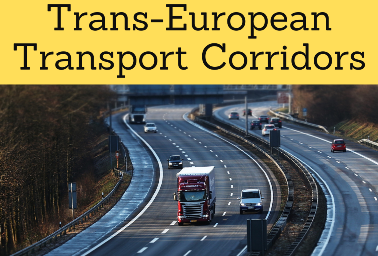
- North Sea-Mediterranean Corridor (Ireland, France)
- North Sea-Baltic Corridor (Finland, Belgium)
- Access to the Atlantic Transport Corridor (Portugal-Spain-France-Germany)
Doing Business in Belgium:
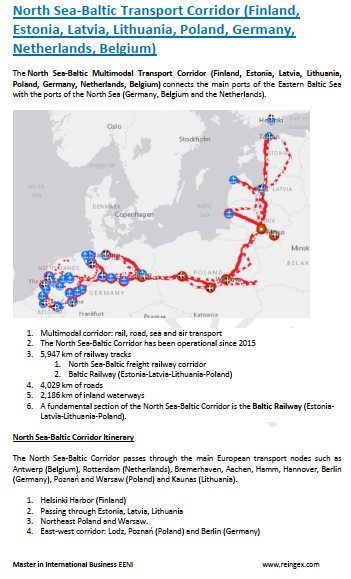
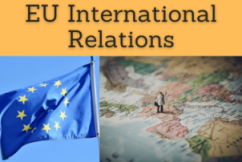

Preferential Access and Trade Agreements of Belgium
- Belgium and the European Economic Area
- The EU
- European Single Market
- The EU Services Directive
- European Digital Single Market
- Economic and Monetary Union
- European Customs Union
- As a member of the EU, Belgium is a beneficiary of the EU Trade Agreements with Chile, South Africa, South Korea, India, Ukraine, Moldova, Georgia etc
- Group of States of the European Council Convention against Corruption
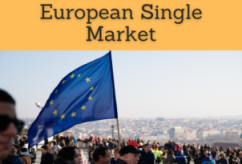

- WTO
- GATS
- Agreement on Sanitary Measures
- Agreement on Technical Barriers to Trade
- Agreement on Preshipment Inspection
- Trade Facilitation Agreement
- WCO
- Kyoto Convention
- COTIF Convention (Rail)
- BIC
- Chicago Convention (ICAO)
- IMO
- Convention for Safe Containers
- Istanbul Convention
- International Chamber of Shipping
- CMR Convention
- IRU
- TIR Convention
- Guidelines on Safe Load Securing for Road Transport
- CIM & CIT Rules (Rail)
- Customs Convention on Containers - not a member
- ICC
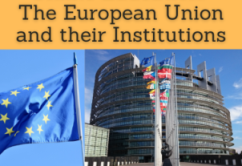
European Trade and Economic Organizations of Belgium
- The EU
- EBRD
- EIB
- ECB
- EU-CELAC Summit
- OECD
- UNECE
- Asia-Europe Meeting
- OSCE

- UN
- WB
- WTO
- IMF
- Inter-American Development Bank
- Asian Development Bank
- African Development Bank
The Kingdom of Belgium (Europe).
- Capital of Belgium: Brussels
- Belgian Official Languages: French, Dutch and German
- Area of Belgium: 30,528 km²
- Belgian Population: 11.2 million people
- Type of Government: Federal parliamentary monarchy
- Borders of Belgium: Germany, France, Luxembourg and the Netherlands
- Belgium became independent of the Netherlands (Spain in the past) in 1830
- The DR Congo became independent from Belgium in 1960
- The Republic of Burundi and Rwanda became independent from Belgium in 1962
Religion: Catholicism (Christianity).

Belgium belongs to the European Economic Area.
Economy of Belgium.
- The headquarters of the EU are in Brussels, one of the largest lobbies in the world
- Belgian GDP (nominal): 338,000 million EUR
- GDP per capita: 42,793 dollars
- Economic recession in 2009
- Belgian Currency: Euro (1999)
- Belgium joined the EU in 1958
- Industry is mainly located in Flanders (northern Belgium)
- The company "Unitel International Holdings BV" of the Angolan businesswoman Isabel dos Santos is in Brussels
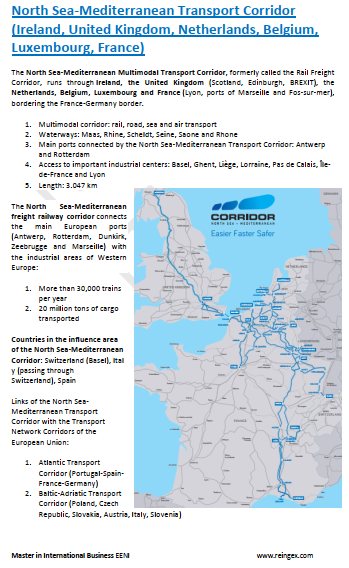

Belgian Foreign Trade.
- 75% of the Belgian foreign trade is made with the countries of the EU
- The main suppliers of Belgium are Germany, the Netherlands and France (and also the main export destination)
- The main export products are diamonds, machinery, chemical products, food products
- The Port of Antwerp is the second largest in Europe
- Headquarters of the International Road Transport Union (IRU) and the International Union for Road-Rail Combined Transport (UIRR): Brussels
(c) EENI Global Business School (1995-2024)
We do not use cookies
Top of this page


